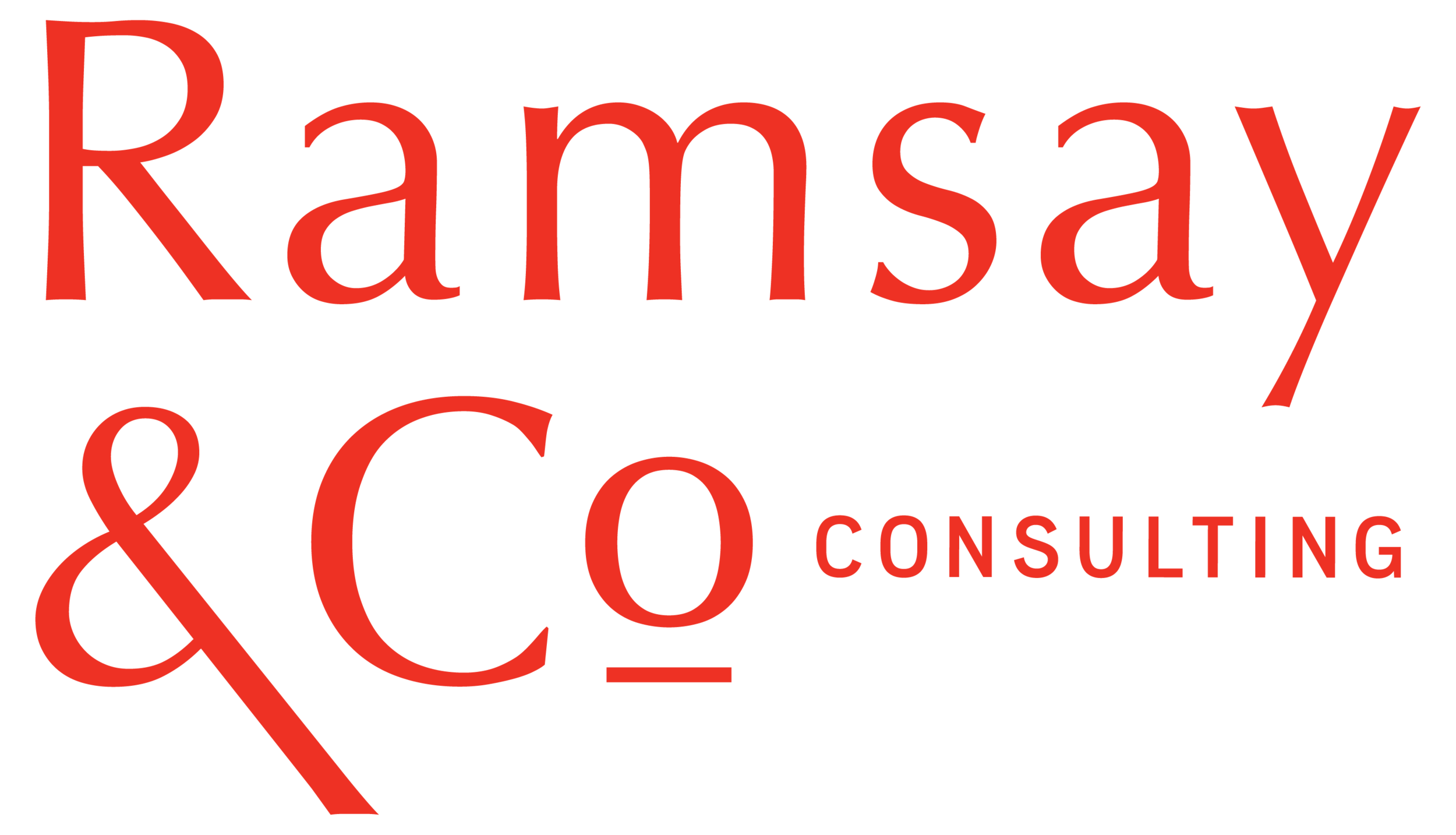#38 What Matters Most to You?
On the role of values in powerful storytelling and uncovering your own core values
What you believe, wait no. Sorry, what you value shapes your story. It influences the kinds of stories you tell, where you tell your stories and who you tell them for. The choices we make as individuals and as consumers are a reflection of our values. Who we buy from and what we buy can provide a lens into what matters to us. Values tell their own story.
Your values are the things that matter most to you, they inform your moral compass and who you choose to be each day. As a marketer, I think about values a lot. Because, more than anything, I think powerful brands reflect the values they have in common with their audiences. Powerful stories bring those values to life everyday through experience and story creation and sharing.
As a storyteller I think about values in the context of what they bring to our stories—They also help shape the story of our lives. What matters most to me? What am I trying to convey? Who are my main characters and what matters most to them? The answers to these questions inform the themes and structure of the stories I tell. It will do the same for you.
Which means, simply, that if you don’t already know them, uncovering your own values will help improve and infuse new meaning into your storytelling. Here’s a version of an exercise I do with my clients that you may find helpful:
Uncovering Your Core Values
Find a list online of values (make sure it’s long at least 200)
Circle or highlight all the values that ring true for you—add any that are missing but matter to you (this is a paper and pen kind of exercise so get offline and into real life for this)
Group the values in a way that make sense for you
Choose a word within each grouping that best represents that group
Refine your list to the four that are the most important to you
A crueller way to do this exercise (but also very impactful) is to do step one and two; Then cut that list down to 10; Cut it again down to five; then down to three; then down to one. In the end you’re allowed to keep your top three, but you learn a lot in the process of making the cuts. Pay attention to what you’re thinking about as you decide what to keep and cut—that will teach you a lot about yourself.
Remember to do this exercise every few years or even months. I know my list of values have changed significantly just over the past year. I think success and achievement are beginning to be replaced by rest and harmony in the process of moving through my healing from burnout and working to redefine my relationship with productivity. Let me know in the comments, what comes up for you when you try this exercise.
A Story Well Told
I finally put up a new bookcase this past weekend and organized my books after moving in to my apartment almost a year ago. I unpacked a book I read last year that spoke directly to the little Black girl in me who grew up in Toronto’s inner suburbs. Frying Plantain by Zalika Reid-Benta tells the story of a part of Toronto that had somehow faded to memory for me—the Eglinton west Little Jamaica neighbourhood, which is undergoing its own revitalization/reckoning as we speak. It was the first time I’d read a book that felt like it reflected my early experiences of the world. Bonus: it’s a book of short stories so I was able to dive in and out as I pleased. I started to read it because I was going into a writing program run by the author, but it opened my eyes up to short stories again as I was considering starting a new project that best suited the format (I’ll share more on that as it evolves). An engaging read worth diving into if the neighbourhood is unknown or distant to you. It’ll offer a different perspective, which every storyteller should be seeking to remain open to.
Thanks for reading and I’ll “see” you again next week. Whatever the world may bring, there will always be important stories that need you to tell them. I’ll be here to help.
If you know someone who has a story to tell and may need some help crafting it, please share this newsletter with them and encourage them to subscribe.
Also, if you’re enjoying this or if there’s something you’d like me to cover in a future letter—an element of your storytelling you may be struggling with, please let me know by leaving a comment below. I’m here to help.
You can follow me on Twitter here, and Instagram here. And you can always reach me through my website.
Chantaie Allick
Writer|Strategist|Storyteller
Thanks for reading Adventures in Storytelling!
Subscribe for free to receive weekly insights and resources for better communication through storytelling.

